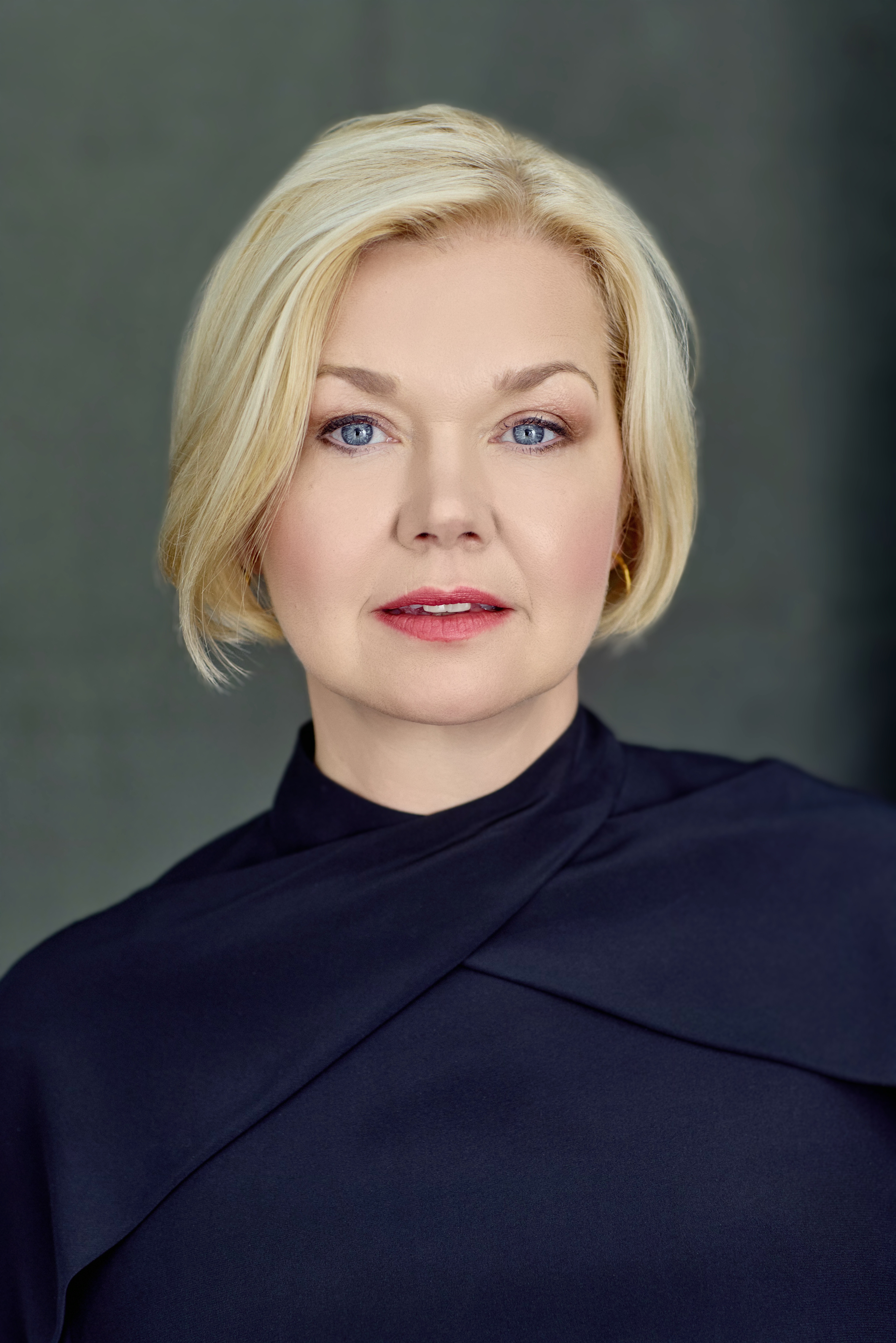For many high achievers, high standards feel like second nature. They are how you got here. They shape how you work, how you relate, and how you measure yourself.
But sometimes, those same standards come with a cost:
An inner critic that never quiets. A discomfort with being misunderstood. A reflex to defend, prove, or perfect, even when no one is asking you to.
During Mental Health Awareness Week, it’s worth asking: Are your high standards still serving you or are they subtly shaped by stress you’ve never had the space to name?
There are many types of trauma wounds, each unique in how it shapes our behaviour, responses, and relationships. Some wounds stem from neglect, others from abandonment, and still others from loss or betrayal.
For the purpose of this article, we’ll focus on the injustice wound, a particularly common yet often overlooked pattern, especially for those with high standards.
This wound is not about overt injustice in the world around us. Instead, it can develop from deeply personal experiences of feeling unworthy, unseen, or unvalidated. The injustice wound can stem from growing up with conditional love, from being compared to others, or from being told that your emotions or needs weren’t “acceptable.” Over time, these experiences create an internal sense of right and wrong that feels urgent, almost as if being unfairly treated is something you must correct, or you’ll be diminished.
Unpacking the Injustice Wound
Some emotional patterns develop not because something “went wrong,” but because key emotional needs were unmet at important times.
This is where the injustice wound quietly lives, not just in the experience of being treated unfairly, but in:
· Growing up with conditional love (you were valued for achievement, not for being)
· Lacking emotional validation (“you’re too sensitive” or “don’t overreact”)
· Being compared to others, and learning to self-compare as a form of motivation
· Feeling responsible for maintaining emotional harmony in complex family systems.
The result? A perfectionist drive that’s not just about doing well, it’s about avoiding the pain of not being “enough.” A sharp sense of what’s right or fair but with little tolerance for grey areas or being misunderstood.
What This Looks Like in Daily Life
These patterns don’t always show up in professional settings, often, they’re most visible in your personal life:
· Overreacting to perceived unfairness in relationships
· Feeling compelled to explain or justify yourself
· Struggling to rest without guilt
· Finding it difficult to tolerate messiness, in emotion, conflict, or outcomes
These aren’t signs of failure. They’re signs of an intelligent nervous system doing its best to protect you based on past conditions.
Healing Isn’t About Losing Your Edge
You don’t need to let go of your ambition, your intelligence, or your standards. But when those standards are unconsciously tied to unresolved emotional history, they can quietly lead to burnout, rigidity, or relational strain.
Healing comes from self-awareness and learning to respond rather than react. It means finding internal permission to rest, to feel, to not fix.
A Final Thought
This Mental Health Awareness Week, consider this:
· Sometimes our greatest strengths began as survival strategies.
· Awareness allows us to keep the strength and soften the related stress.
Further Reading
David, S. (2016). Emotional Agility: Get Unstuck, Embrace Change, and Thrive in Work and Life. Avery.
Van der Kolk, B. (2014). The Body Keeps the Score: Brain, Mind, and Body in the Healing of Trauma. Viking.
 Dr Catherine Sykes
Dr Catherine Sykes